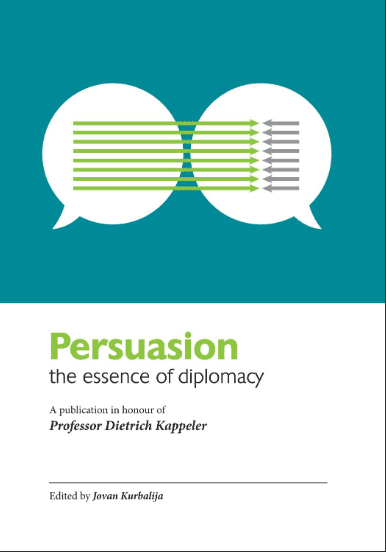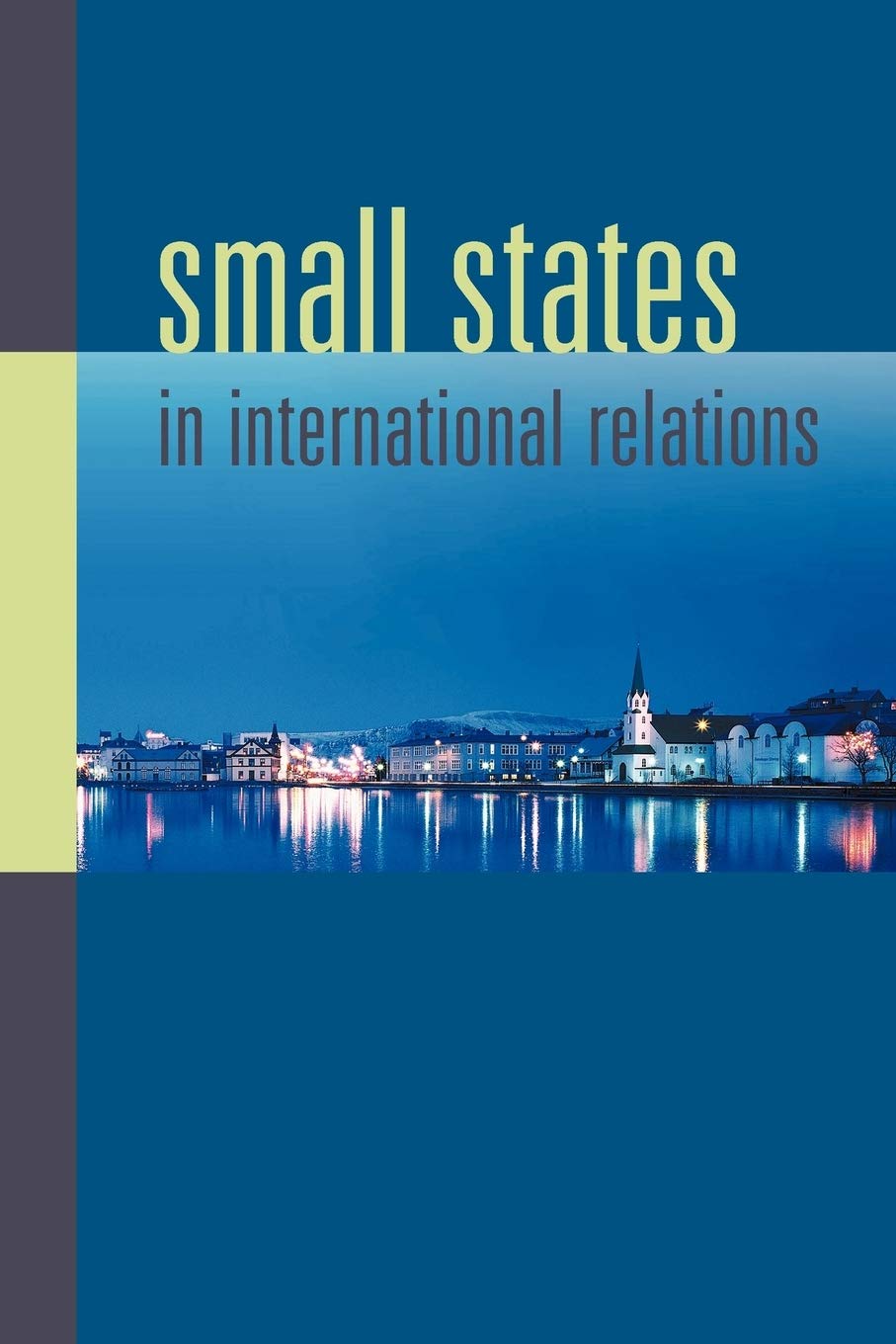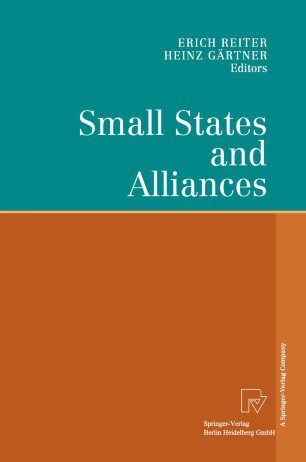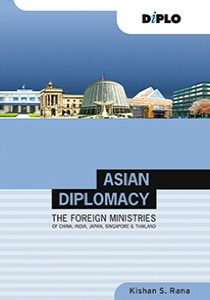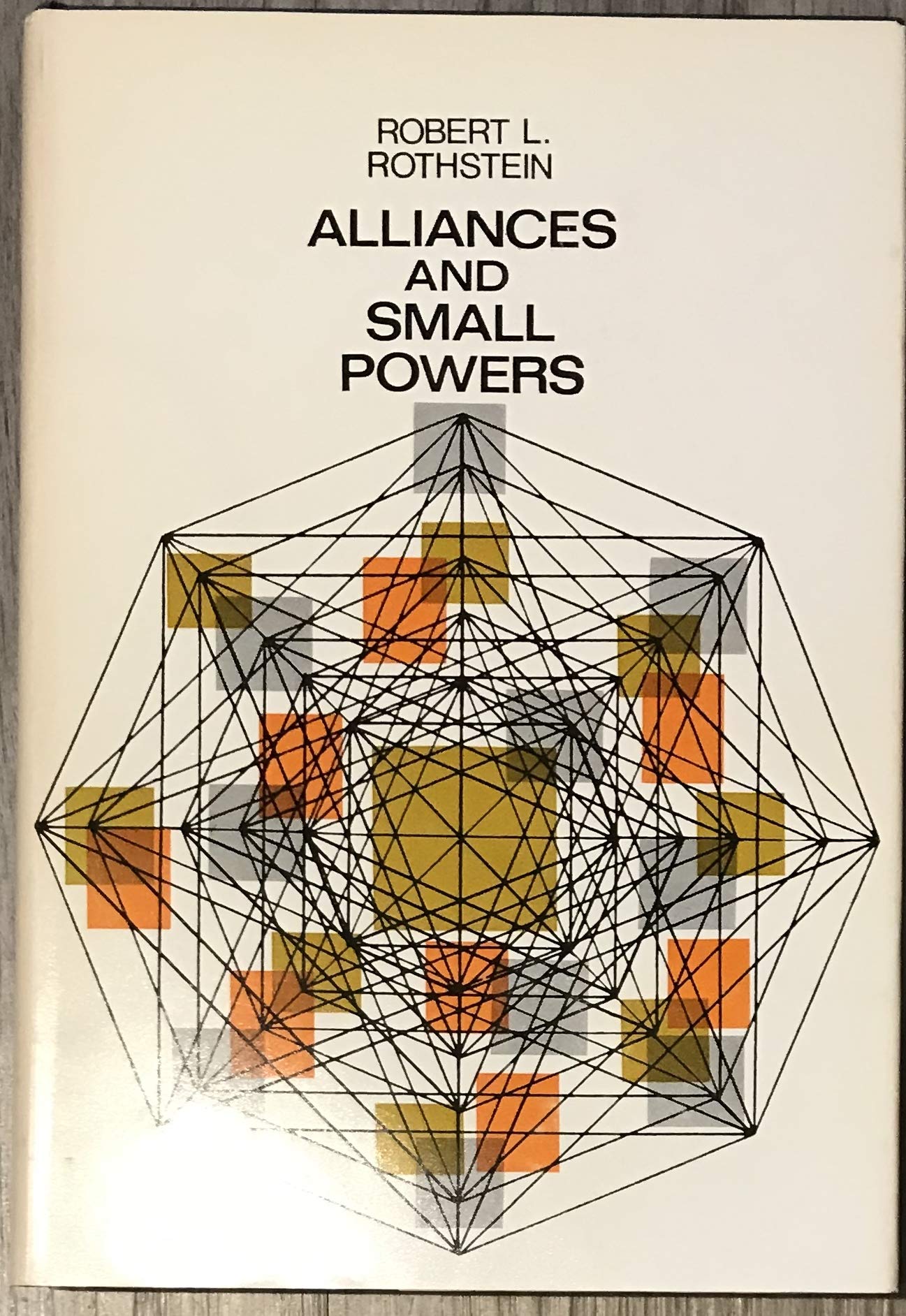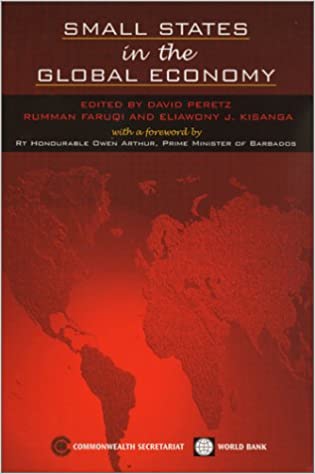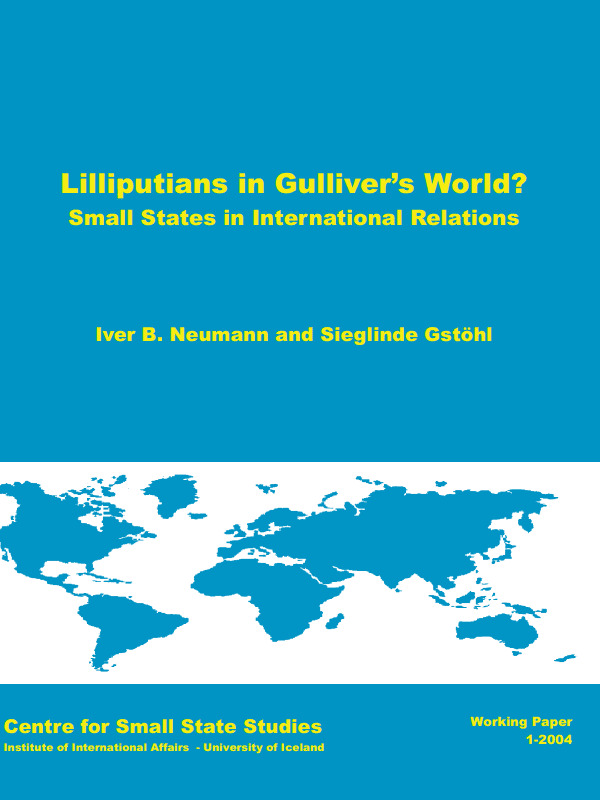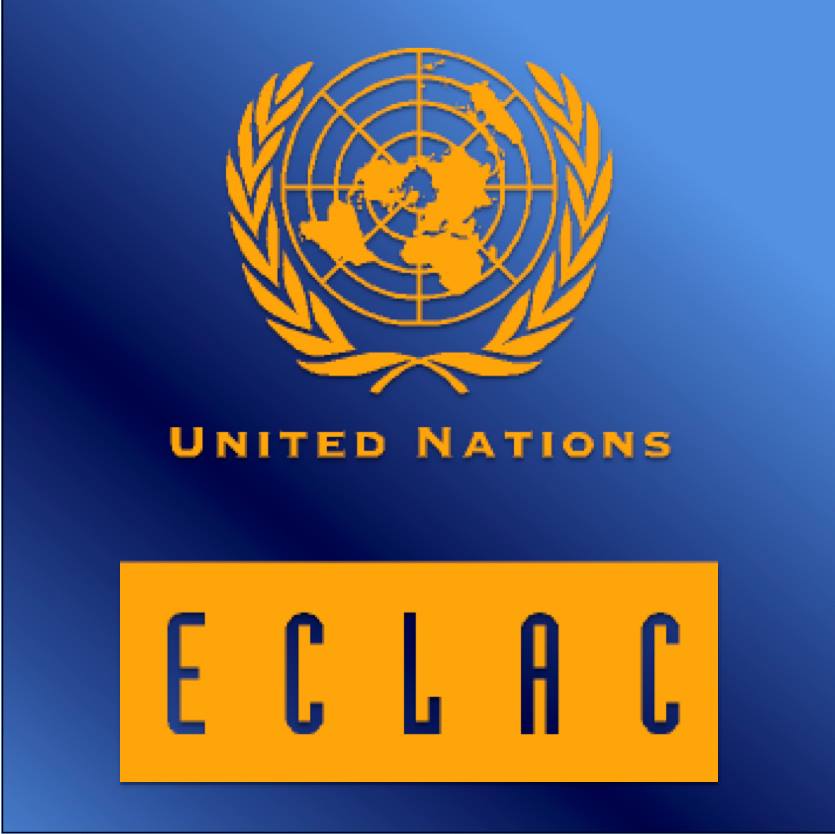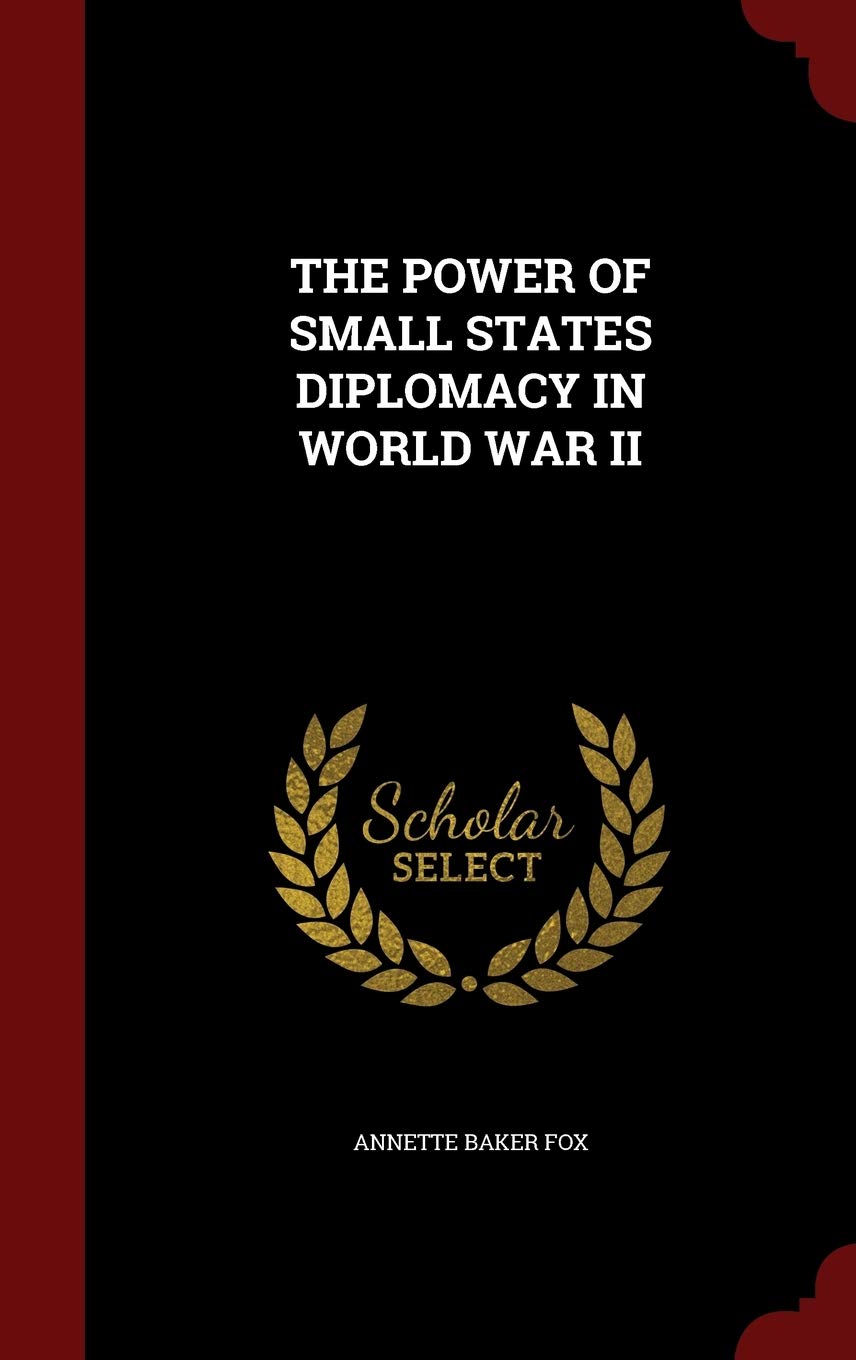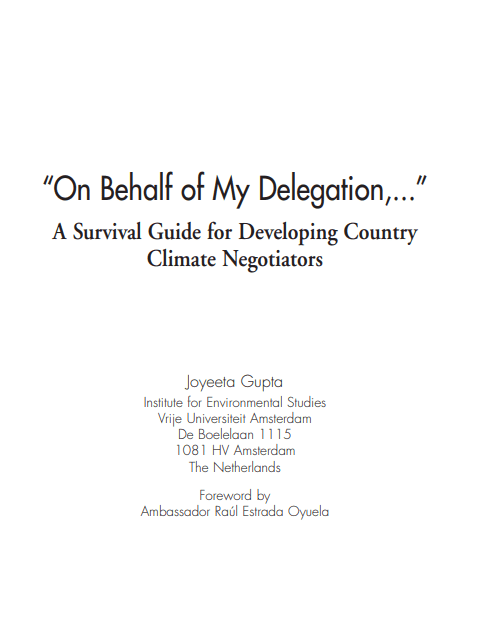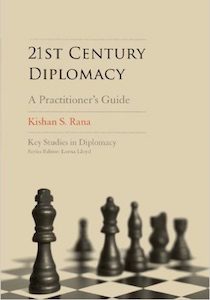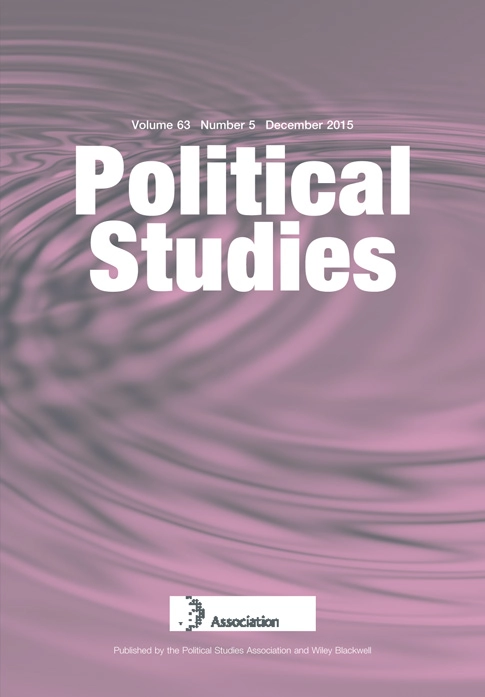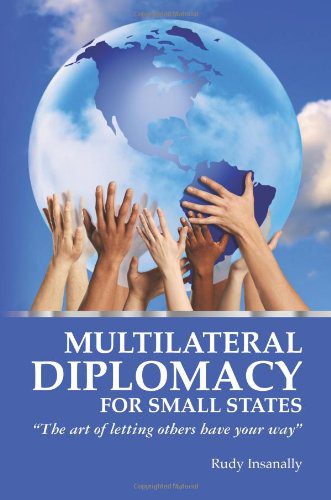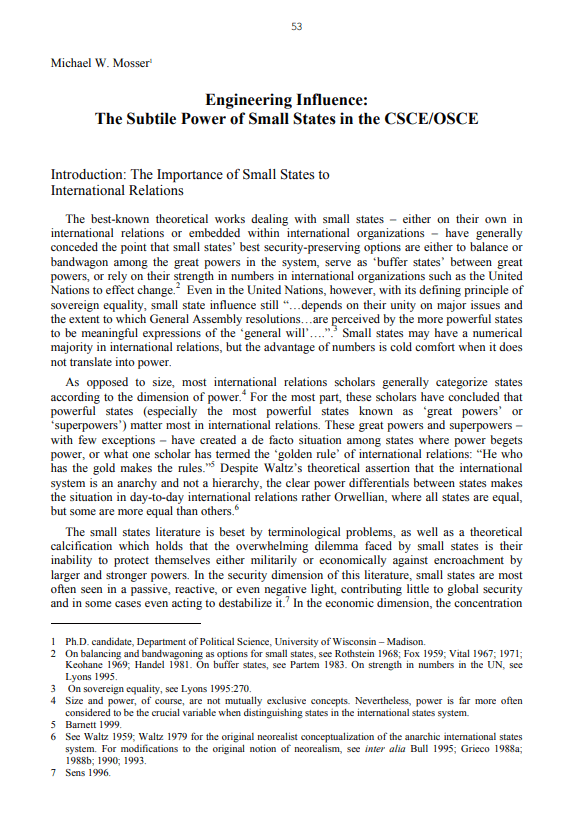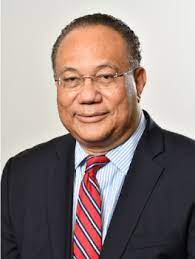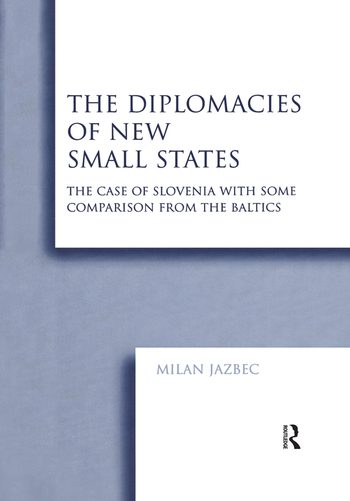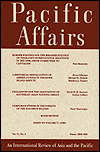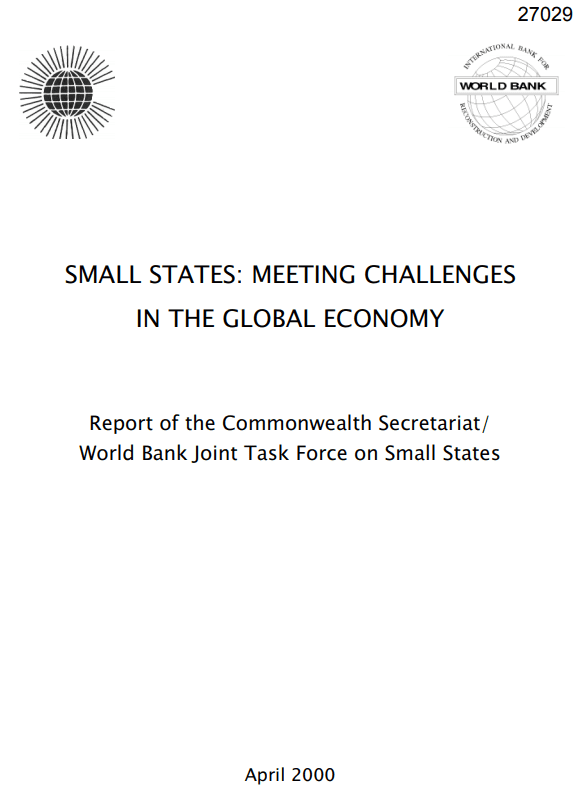Author: George Vella
Persuasion: importance of trust, relevance for small states, and limitations of computers
2013
Persuasion is the direct opposite of coercion. Persuasion is a positive process as against the negative connotation associated with coercion. Persuasion is an induced mental state of agreement, whereas coercion is forced acceptance or compliance. To persuade means to convince, whereas coercion implies imposition. Persuasion is winning over by argument; coercion is subjecting by compulsion.
Persuasion is the result of a process whereby one succeeds in convincing another that one’s opinion or one’s assessment of a particular situation is credible and acceptable, being based on knowledge of related circumstances, objective unprejudiced assessment, good judgment, and clear decisions.
One need not persuade one’s counterpart that the proposed option is the ideal … it is enough to convince that the proposed line of action or proposed decision is the best under prevailing circumstances, and valid for the foreseeable future.
Persuasion is made easier if it is backed by integrity, respect, experience, and trust. Persuasion implies influencing one’s cognitive process to accept to agree to a proposal.
The talents and skills of a good persuader
The experience and the integrity of the proponent, influence in no small way the weight that will be given to the proposal by the intended recipient of the proposal. Experience and integrity elicit respect and esteem. These are the essential ingredients necessary to generate the most important factor in any discussion between parties wanting to come to some sort of agreement between them…trust.
Trust is reliability. Trust underpins confidence. Trust gives credence. Trust makes for assurance. These are the basic ‘desiderata’ for engaging in fruitful negotiations between parties holding divergent views, where each side tries to win over to its side the widest support to its proposal or to its way of seeing things, by persuasion.
This is the essence of diplomacy which is the art of negotiation, be it between parties having divergent views on any subject, or as the term is more commonly used in negotiations of a political nature between states, be it on a bilateral or a multilateral basis.
Diplomacy is an art. Like any artist, the diplomat has to have certain inborn qualities, which like the consummate artist, they need to refine by training, experience, and self criticism.
The diplomat has their ‘tools’ which they must use with dexterity, tact, skillful manoeuvring, a sharp eye on detail, and most importantly with judicious timing.
Diplomacy, being the art of communication, necessitates a thorough knowledge of human psychology, body language, and a wide knowledge of the process of human thinking and the factors, intrinsic and extrinsic, that influence it.
The difference between persuasion in normal relations and in high diplomacy
As long as political decisions and policy lines continue to be determined by politicians and not by computers; by human brains and not by computer-printed circuits from inanimate databases, the art of persuasion will continue to play a most important part in the process of decision-making, be it in normal relations between politicians themselves, or politicians and the general public, as well as between diplomats, at whatever level they are practicing their diplomatic skills.
The art and science of politics itself is based on winning popular support by politicians from the man in the street, on proposals, and policy lines, according to the political beliefs and political orientation of the politician involved.
It is the basis of the democratic game wherein vying politicians, presenting different political options before the people, using all their skills to persuade their listeners that their political message engenders more trust and better prospects for prosperity and better governance.
In plain simple language the gist of the game is that of trying to persuade the largest number of voters to give their trust to the person who manages to persuade them of being the one with the best political options for their country’s future.
This applies also for contenders to any position of influence, the choice of whom depends on the free choice of members of the organization involved. Winning support starts by persuading those who will be giving you their trust to lead and decide on their behalf.
Persuasion is at the basis of all political dealings, all political decisions, and all political diplomatic exchanges, irrespective at which level these are conducted.
The importance of persuasion for small states
With some notable exceptions, small states do not have the economic, financial, or military clout of countries that are much bigger; unless of course, they sit on huge oil or mineral deposits, and unless they have developed over the years into some strong influential financial centre.
As the saying goes they ‘cannot throw their weight around’. They cannot achieve their aims, or impose their beliefs, let alone arrive at agreements by using the ’tools’ countries that are much bigger and more influential can use. They do not have the critical mass to leave a dent on another country’s economy if they decide to impose sanctions, or trade restrictions. They will not hurt anybody by imposing travel restrictions, or trade embargoes.
Small countries can only obtain respect and achieve their aims if, for example, they manage to persuade the counterpart with whom they are negotiating, of the importance of their country, be it geostrategic, political, or that it just happens to fit in the overall political plans of the country being persuaded. One has to convince the other side by proving that the proposal on the table is in the best interests of both sides.
To be considered as a serious negotiating partner, a small country boosts its image by being stable, credible, reliable and consistent. Any other country negotiating with a small state will have to be first and foremost persuaded of these attributes.
It follows that diplomats from small states will have to make full use of all their negotiating skills to convince and persuade their counterparts from other countries and international organizations of their credibility, credit worthiness, and above all of their country’s consistent track record in the fulfillment and execution of commitments and responsibilities undertaken in previous agreements.
Man versus computer
The world’s political, economic, financial and social scenario is changing fast. Modern methods of communication have changed drastically the frequency and the tempo with which diplomatic exchanges used to take place. The availability of vast amounts of information at the touch of a button, combined with unlimited data storage, and the ease of data retrieval, have changed the way diplomats have worked for centuries.
In spite of all these developments, the human factor remains central and crucial to diplomatic exchanges, and negotiations between diplomats. Computers can download gigabytes of information, and print truckloads of note verbales and files upon files of diplomatic exchanges.
It is however only the suave, experienced, well-prepared diplomat, who, on a person-to-person level, can convey confidence, elicit trust, and persuade their counterpart. The human touch, whatever the developments in the computer world, will remain.
No computer can convey the message diplomats transfer to their counterparts through a warm handshake, or on establishing eye-to-eye contact, on reaching an agreement or clinching a deal.
On this last statement, wise counsel prompts me to be diplomatic and hasten to add: ‘at least for the time being!’
